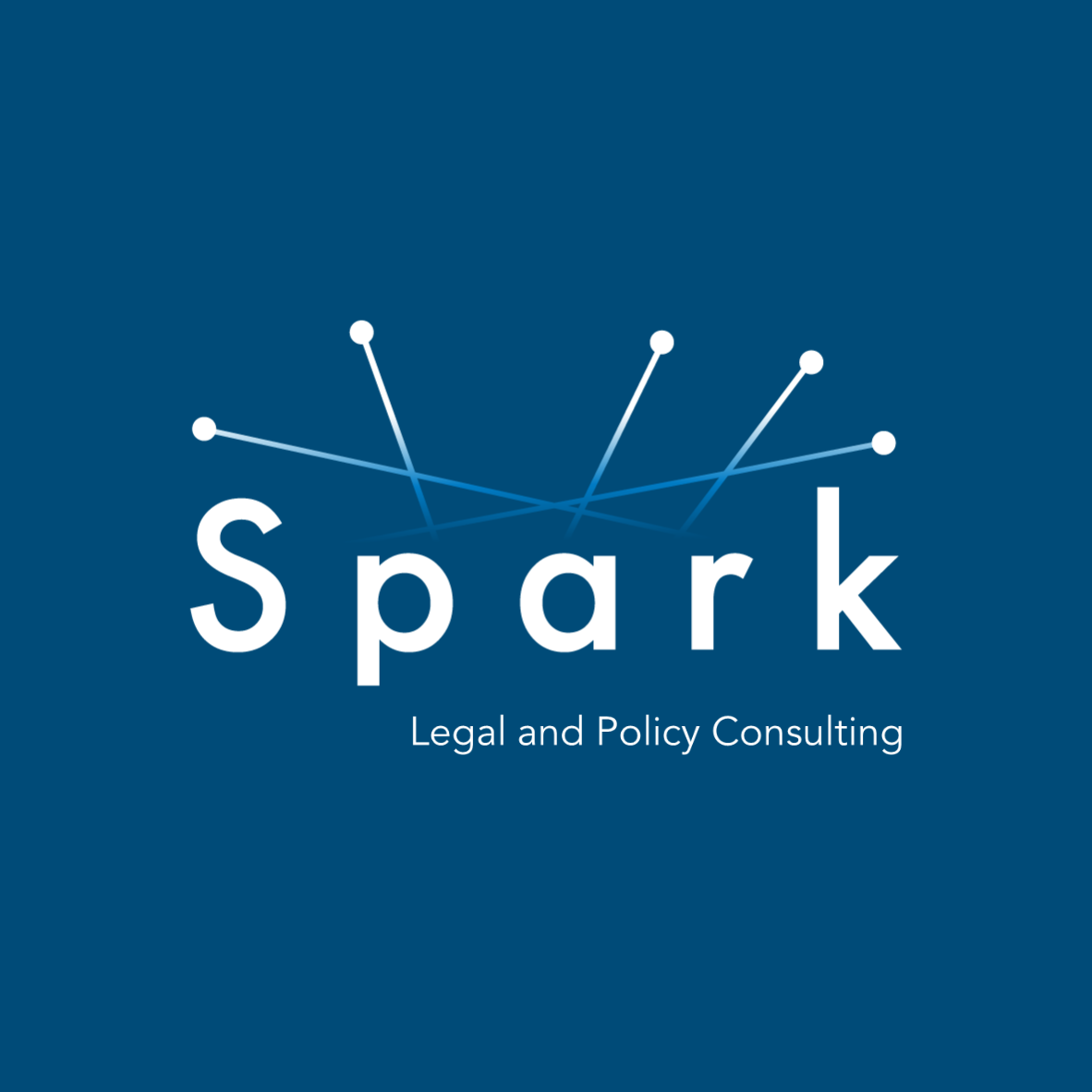Technology transfer agreements are agreements by which one party authorises another to use technology rights (e.g., patents, design rights, software copyrights and know-how) for producing goods or services. Common forms of technology transfer agreements are IP licensing agreements and patent assignments. The Technology Transfer Block Exemption Regulation (“TTBER”) creates a safe harbour under EU competition law for certain categories of technology transfer agreements.
Spark is proud to announce the publication of the “Support study for the evaluation of the Technology Transfer Block Exemption Regulation (TTBER)” for the European Commission (DG COMP).
Spark, in consortium with LE Europe, EUI, and Ramboll, evaluated the TTBER and the related Technology Transfer Guidelines (the “TTGs’’) on the application of Article 101 TFEU to technology transfer agreements (the “TTBER Regime”). The evaluation answered specific evaluation questions, based on qualitative and quantitative data. The evaluation questions related to the criteria of relevance, effectiveness, efficiency, and coherence.
The key findings for each criterion assessed were as follows:
- Relevance: The TTBER and the TTGs remain appropriate to their objectives, also for SMEs, but face some challenges in terms of awareness-raising activities and modern trends in licensing practices, such as data-sharing, innovative markets and R&D agreements, and standard essential patents’ (SEP) licensing, needing to also take into account the growing role of patent assertion entities (PAEs), sustainability, and digital transformation.
- Effectiveness: The TTBER and the TTGs can be deemed as effective in meeting their objectives, struggling slightly, nonetheless, with providing clear guidance on issues like pay-for-delay cases, SEP/FRAND disputes, cross-border restrictions, and market share thresholds, particularly in dynamic markets. Some ambiguities also seem to exist around technology pools and the lack of alignment with newer Regulations like the Vertical Block Exemption Regulation.
- Efficiency: While difficult to quantify, the TTBER and the TTGs promote efficiency by reducing competition law risks and encouraging more licensing agreements, thus, fostering innovation and technology dissemination.
- Coherence: The TTBER and the TTGs align with post-2014 EU IP developments and support the EU’s open science approach. They indirectly also support objectives like supply chain resilience and sustainability. promoting at the same time legal certainty for agreements that lead to the diffusion of innovation and generate product market competition.
The full results of the “Support study for the evaluation of the Technology Transfer Block Exemption Regulation (TTBER)” can be found here.
